Merkel steps down with legacy dominated by tackling crises
Fri 03 Sep 2021, 12:01:36
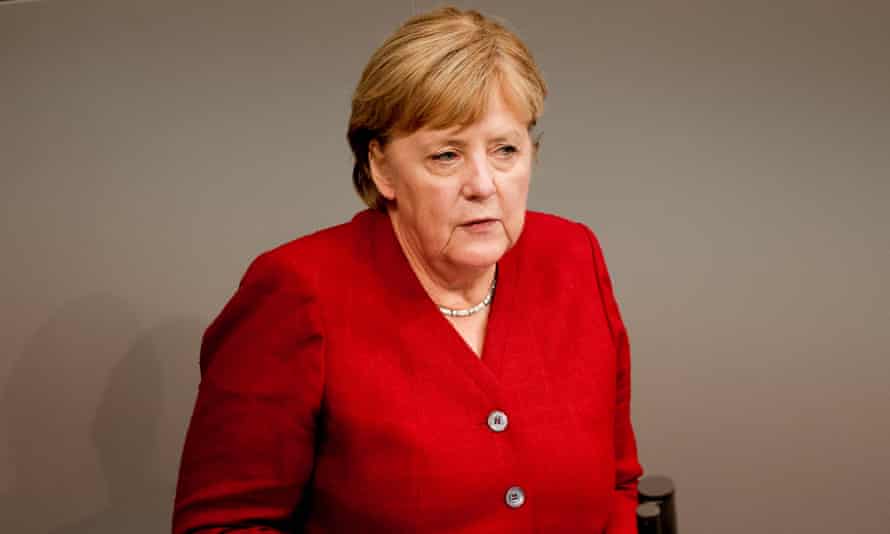
Berlin: Angela Merkel will leave office as one of modern Germany's longest-serving leaders and a global diplomatic heavyweight, with a legacy defined by her management of a succession of crises that shook a fragile Europe rather than any grand visions for her own country.
In 16 years at the helm of Europe's biggest economy, Merkel did end military conscription, set Germany on course for a future without nuclear and fossil-fueled power, enable the legalization of same-sex marriage, introduce a national minimum wage and benefits encouraging fathers to look after young
children, among other things.
children, among other things.
But a senior ally recently summed up what many view as her main service: as an anchor of stability in stormy times. He told Merkel: “You protected our country well.” “All the major crossroads you had to navigate ... We never mapped out in any election program — they came overnight and you had to govern well,” Bavarian governor Markus Soeder said. Merkel passed her first test in 2008, pledging at the height of the global financial crisis that Germans' savings were safe.
No Comments For This Post, Be first to write a Comment.
Most viewed from International
Most viewed from World
AIMIM News
Latest Urdu News
Most Viewed
May 26, 2020
Should there be an India-Pakistan cricket match or not?
Latest Videos View All
Like Us
Home
About Us
Advertise With Us
All Polls
Epaper Archives
Privacy Policy
Contact Us
Download Etemaad App
© 2026 Etemaad Daily News, All Rights Reserved.


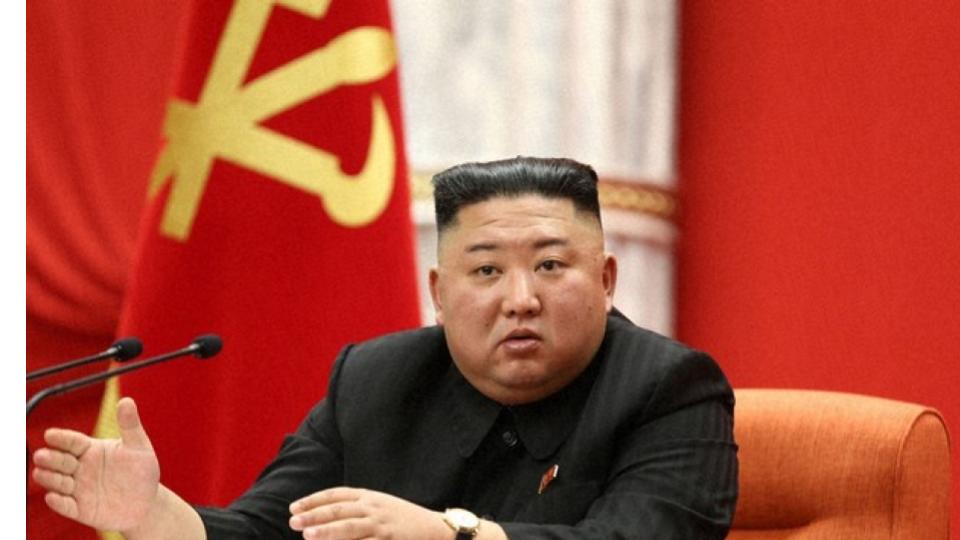




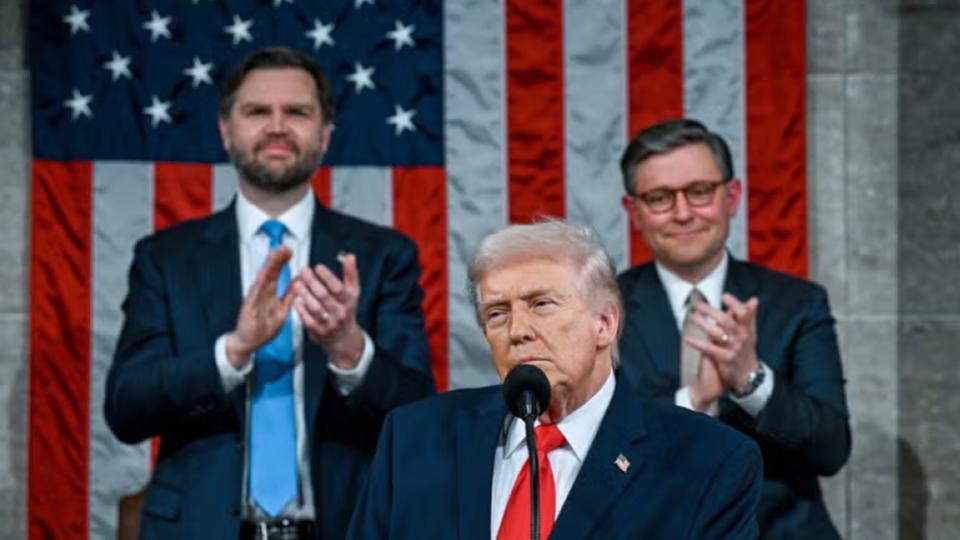
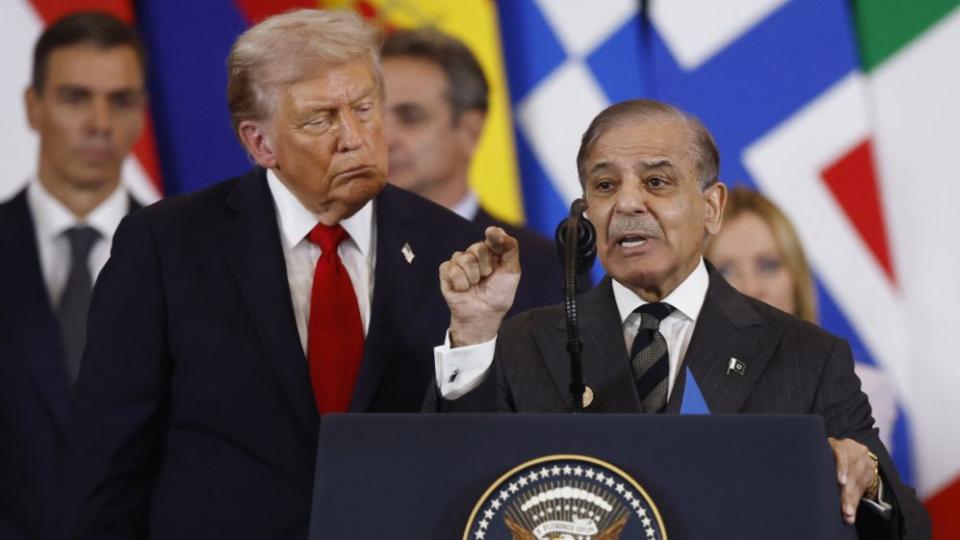


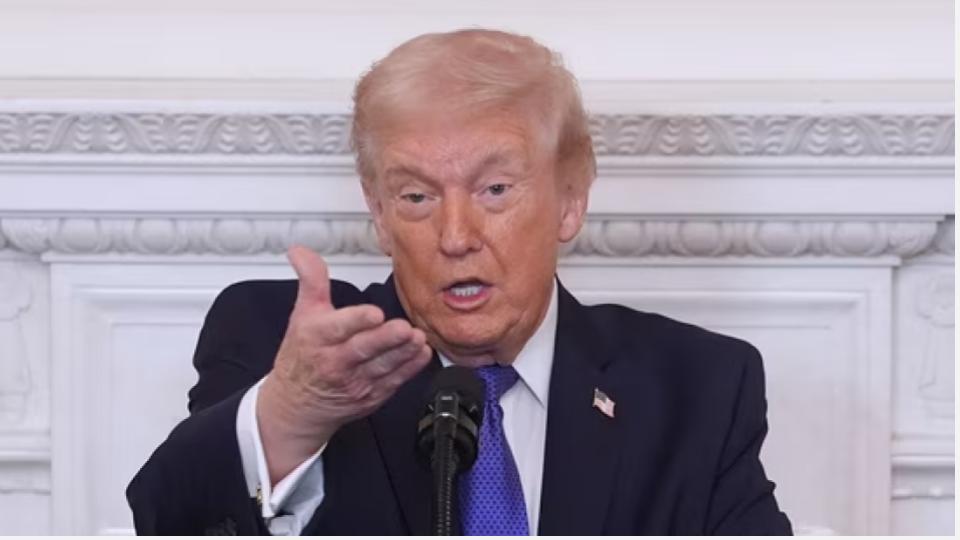









.jpg)




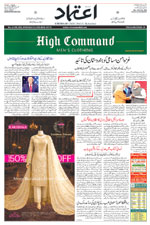










.jpg)
.jpg)
.jpg)


